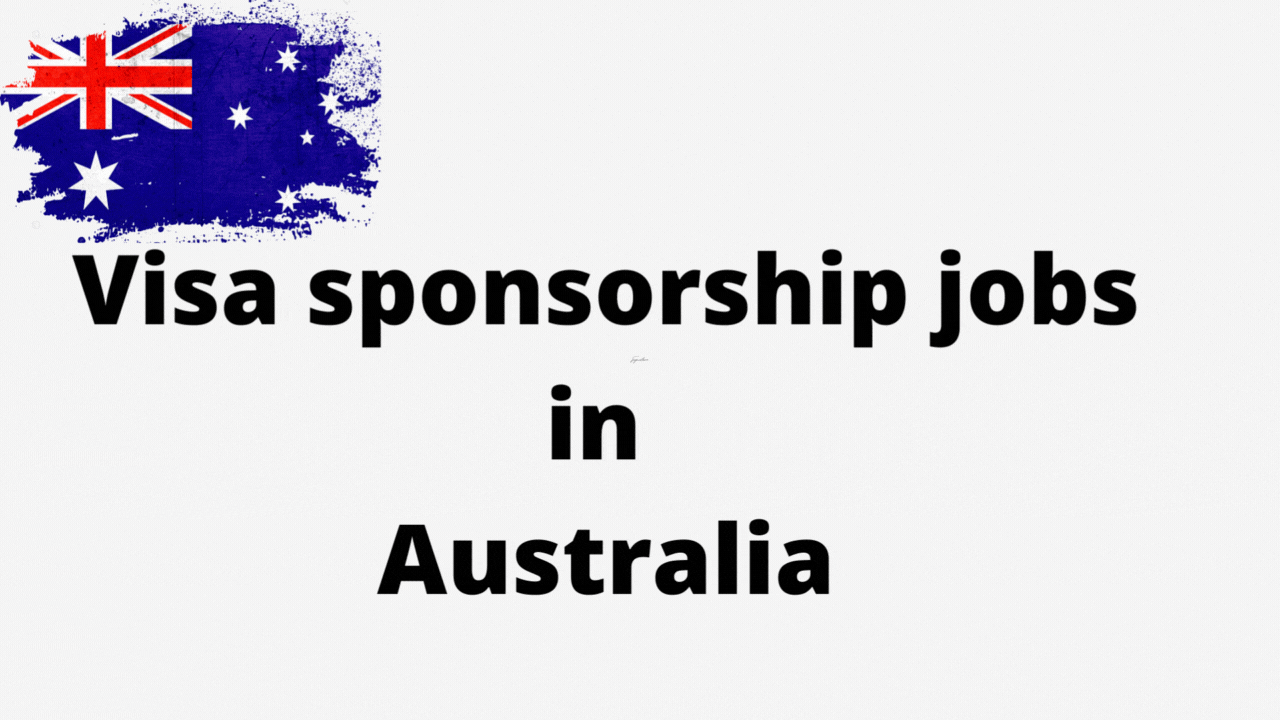Canada’s tech industry is booming, making it one of the most attractive destinations for tech professionals worldwide. With a thriving ecosystem of startups, established tech giants, and innovative research institutions, Canada offers numerous opportunities for skilled tech workers. This comprehensive guide explores the types of tech jobs available in Canada for foreigners, the requirements for working in the Canadian tech industry, and tips for securing a tech job in Canada.
Why Canada?
Canada is known for its high quality of life, welcoming immigration policies, and a robust tech industry. The country’s tech sector is growing rapidly, with cities like Toronto, Vancouver, and Montreal emerging as global tech hubs. Here are some key reasons why Canada is an attractive destination for tech professionals:
Key Benefits of Working in Canada’s Tech Industry
- High Demand: There is a significant demand for tech professionals across various specialties.
- Competitive Salaries: Tech jobs in Canada offer competitive salaries and benefits.
- Quality of Life: Canada offers a high quality of life, with access to excellent healthcare, education, and social services.
- Immigration Pathways: Canada has several immigration pathways for skilled workers, including tech professionals.
Types of Tech Jobs in Canada
Canada offers a wide range of tech jobs for foreigners. Here are some of the most in-demand roles:
1. Software Developers
Software developers design, develop, and maintain software applications. They work in various industries, including finance, healthcare, and entertainment.
2. Data Scientists
Data scientists analyze and interpret complex data to help organizations make informed decisions. They work in industries such as finance, healthcare, and retail.
3. Cybersecurity Specialists
Cybersecurity specialists protect organizations from cyber threats by implementing security measures and monitoring systems for vulnerabilities.
4. IT Project Managers
IT project managers oversee the planning, execution, and completion of IT projects. They ensure that projects are delivered on time and within budget.
5. Cloud Engineers
Cloud engineers design and manage cloud infrastructure, ensuring that organizations can scale their operations efficiently.
6. AI and Machine Learning Engineers
AI and machine learning engineers develop algorithms and models that enable machines to learn from data and make predictions.
7. DevOps Engineers
DevOps engineers work at the intersection of development and operations, ensuring that software development and deployment processes are efficient and reliable.
8. UX/UI Designers
UX/UI designers create user-friendly interfaces and experiences for digital products, ensuring that users can interact with technology seamlessly.
9. Network Administrators
Network administrators manage and maintain an organization’s computer networks, ensuring that they are secure and functioning correctly.
10. Technical Support Specialists
Technical support specialists provide assistance to users experiencing technical issues with software, hardware, or networks.
Requirements for Working in Canada’s Tech Industry
To work in Canada’s tech industry, foreign tech professionals must meet specific requirements. These requirements vary depending on the profession and the province or territory where you plan to work.
1. Educational Credentials
Foreign-trained tech professionals must have their educational credentials assessed to ensure they meet Canadian standards. This process is typically done through a credential assessment agency.
2. Licensing and Certification
Some tech professions in Canada require licensing or certification. The licensing process varies by profession and province but generally involves passing an examination and meeting specific educational and experience requirements.
3. Language Proficiency
Proficiency in English or French is essential for tech professionals in Canada. You may need to take a language proficiency test, such as IELTS or CELPIP for English, or TEF for French.
4. Work Experience
Some tech professions require a certain amount of work experience. This experience must be verified and may need to be equivalent to Canadian standards.
5. Immigration Status
To work in Canada, you must have the appropriate immigration status. This may involve obtaining a work visa, permanent residency, or citizenship.
Steps to Secure a Tech Job in Canada
Securing a tech job in Canada as a foreigner involves several steps. Here’s a step-by-step guide to help you navigate the process:
1. Research the Canadian Tech Industry
Understand the structure and requirements of the Canadian tech industry. Research the specific requirements for your profession and the province or territory where you plan to work.
2. Assess Your Credentials
Have your educational credentials assessed by a recognized credential assessment agency. This step is crucial to ensure that your qualifications meet Canadian standards.
3. Obtain Licensing or Certification
Apply for licensing or certification in your profession. This process may involve passing an examination, completing additional training, or gaining Canadian work experience.
4. Improve Your Language Skills
If English or French is not your first language, consider taking language courses to improve your proficiency. Passing a language proficiency test may be required for licensing and immigration purposes.
5. Gain Canadian Work Experience
If possible, gain Canadian work experience through internships, volunteer work, or temporary positions. This experience can help you understand the Canadian tech industry and improve your job prospects.
6. Apply for Jobs
Start applying for tech jobs in Canada. Use job search platforms, professional associations, and recruitment agencies to find job opportunities.
7. Prepare for Interviews
Prepare for job interviews by researching the company, practicing common interview questions, and understanding Canadian workplace culture.
8. Obtain the Necessary Immigration Documents
Once you secure a job offer, apply for the necessary immigration documents, such as a work visa or permanent residency. Ensure that you meet all the requirements and submit your application on time.
Resources for Tech Professionals
There are several resources available to help foreign tech professionals navigate the process of working in Canada:
1. Credential Assessment Agencies
- World Education Services (WES): https://www.wes.org
- International Credential Assessment Service of Canada (ICAS): https://www.icascanada.ca
2. Licensing Bodies
- Canadian Information Processing Society (CIPS): https://www.cips.ca
- Professional Engineers Ontario (PEO): https://www.peo.on.ca
3. Job Search Platforms
- Indeed Canada: https://www.indeed.ca
- Workopolis: https://www.workopolis.com
- TechCareers: https://www.techcareers.ca
4. Immigration Resources
- Immigration, Refugees and Citizenship Canada (IRCC): https://www.canada.ca
- Provincial Nominee Programs (PNPs): https://www.canada.ca
Additional Tips for International Tech Job Seekers
If you’re an international tech job seeker, there are additional considerations to keep in mind when preparing for a career in Canada:
1. Networking
Networking is a powerful tool in the Canadian job market. Attend industry events, join professional associations, and connect with professionals in your field on LinkedIn. Networking can lead to job opportunities and provide valuable insights into the Canadian tech industry.
2. Professional Development
Continuous learning is essential in the tech industry. Consider taking online courses, attending workshops, and obtaining certifications to stay updated with the latest technologies and trends.
3. Cultural Adaptation
Understanding Canadian workplace culture can give you an edge. Research Canadian workplace norms and values, and reflect these in your resume and interviews. For example, teamwork, communication, and adaptability are highly valued in Canadian workplaces.
4. Work Authorization
If you require a work visa, make it clear in your resume or cover letter that you are eligible to work in Canada. Some employers may be hesitant to hire candidates who require visa sponsorship, so it’s important to address this upfront.
5. Global Perspective
Emphasize your global perspective and how your international experience can bring value to the company. Highlight any cross-cultural communication skills and your ability to work in diverse teams.
Common Challenges for International Tech Job Seekers
While the Canadian tech industry offers numerous opportunities, international tech job seekers often face unique challenges. Here are some common challenges and tips for overcoming them:
1. Credential Recognition
Ensuring that your educational credentials and professional qualifications are recognized in Canada can be a complex process. Research the requirements for your field and consider obtaining additional certifications if necessary.
2. Language Proficiency
Proficiency in English or French is crucial for most tech jobs in Canada. If English or French is not your first language, consider taking language proficiency tests such as IELTS or CELPIP for English, or TEF for French. Include your test scores in your resume if they are strong.
3. Cultural Differences
Cultural differences can impact the job search process, from resume formatting to interview etiquette. Research the cultural norms of the country you’re targeting and tailor your approach accordingly.
4. Work Authorization
If you require a work visa, make it clear in your resume or cover letter that you are eligible to work in Canada. Some employers may be hesitant to hire candidates who require visa sponsorship, so it’s important to address this upfront.
5. Relocation Costs
Relocating to a new country can be expensive. Consider the costs of relocation, including housing, transportation, and living expenses, and plan accordingly.
Conclusion
Canada offers numerous opportunities for foreign tech professionals, with a high demand for skilled workers across various specialties. By understanding the requirements and following the steps outlined in this guide, you can increase your chances of securing a tech job in Canada.
For more information on job search strategies, resume writing, and career advice, visit VisaXtra. Our comprehensive resources and expert advice can help you navigate the complexities of the Canadian job market and achieve your career goals.










